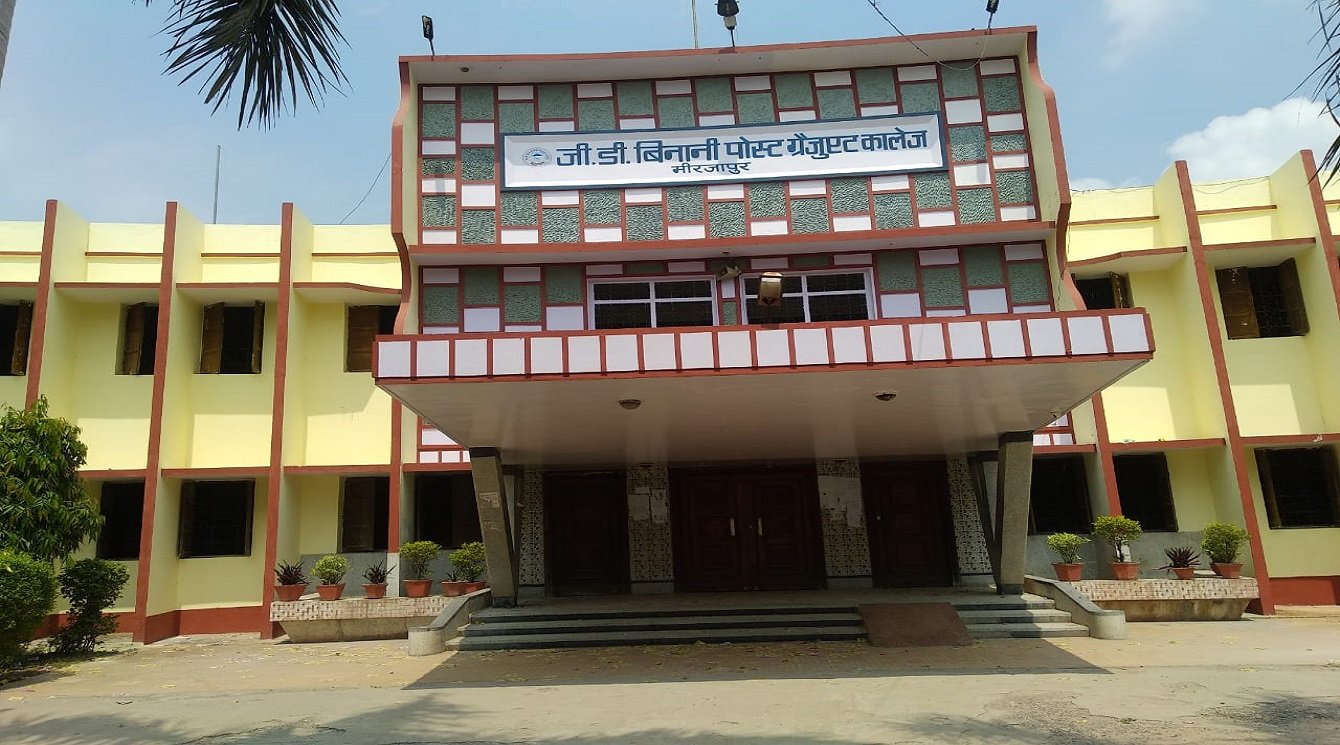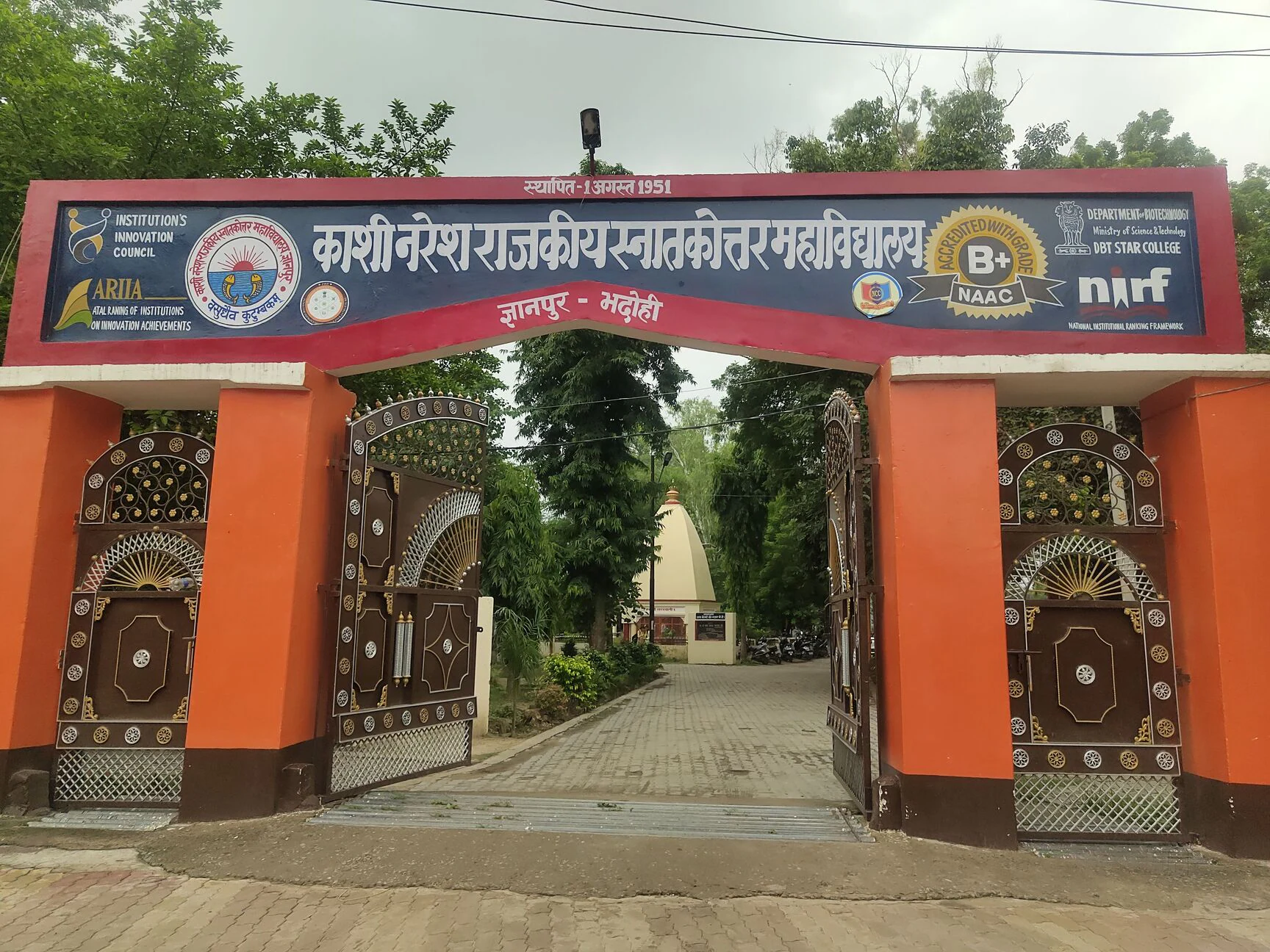Prelude to the DIFA Course
The DIFA Course in Financial Accounting is more than an academic qualification. It is an expert program, succinctly and powerfully designed to enhance one’s prowess in accounting, auditing, taxation, and the modern application of computing. In an age where financial acumen and technical finesse go hand in hand, this program presents itself as a guide to bright aspirants towards a promising career in finance. The course’s popularity continues to soar among students and practitioners who wish to fast-track their career advancement strategically.
What Constitutes the DIFA Course?
To be precise, the DIFA program is a diploma-level course that is based on financial accounting and business frameworks. The course concentrates on skills that are actionable rather than theory overload, thus ensuring candidates are competent enough to confront taxation systems, auditing protocols, and financial reports in a practical sense. This is what sets it apart from the lengthy academic marathons; it is concise, affordable, and made purposely to steer students directly into the professional field.
Why the DIFA Course Resonates in 2025
In other words, alumni of this rewarding program will not only build competence in using Tally, QuickBooks, and ERP modules but also keep updating themselves with changes in the tax landscape that are being defined by GST. The DIFA course goes far beyond the roots of number-crunching and seeks to empower financial professionals who are technologically savvy and understand advances in software development. It is more so, a blend of fiscal smarts, technological expertise, and risk management for all-around contemporary enterprises.
Entry Gateways: Eligibility for DIFA
DIFA’s entrance requirements are in stark contrast to elite programs with supposedly brutal prerequisites, as they offer a refreshing change of approach. Completion of 10+2 from any discipline suffices in most institutes. Several centers even welcome graduates or working individuals who wish to augment their financial acumen. This open structure renders DIFA a versatile path for aspirants from diverse potential backgrounds.
Timeframe and Framework of the Program
A DIFA diploma is generally completed within six months to one year. Due to its modular nature, the emphasis is placed on the very basics of accounting, taxation, and auditing while at the same time enabling the candidates to acquire the requisite knowledge of computer-based financial tools. This brief duration is its strength, pulling candidates rapidly from the classroom into the corporate corridors.
Pillars of the DIFA Curriculum
- Financial Accounting: Builds competence in recording, interpreting, and reporting financial transactions.
- Auditing and Assurance: Equips students with the capacity to test all phenomena of validity and offer assurance for financial statements.
- Taxation Laws: Provides practical knowledge of tax systems, particularly the GST, enabling candidates to compute liabilities and prepare returns confidently.
- Information technology in accounting molds a student into fluency with accounting software, dynamic spreadsheets, and current-gen ERP ecosystems, without which modern-day finance will be incomplete.
Skills Forged through DIFA Course
Graduates do not emerge merely as accountants from this program; rather, they become multifaceted professionals. The diploma imparts:
- Sharp Analytical Skills: To tackle fiscal problems
- Knowledge of digital finance tools
- Expertise in taxation and compliance
- Effective communication within the business context
- Strategic thinking in fast-paced, dynamic markets
Why Opt for DIFA Over Alternatives?
These are the clear advantages:
- Faster completion, resulting in an early start to your career
- Relatively low fees compared to longer finance programs
- Practical training resulting in immediate employability
- Diverse career opportunities in government, the corporate world, or entrepreneurship
Career Horizons After DIFA Course
- Public Sector Roles: There are a number of opportunities in government agencies and state-run banks for positions such as accountant, clerk, or tax assistant.
- Private Sector Engagements: Financial custodians are required by corporations in all industries, thereby creating avenues as auditors, payroll executives, or junior accountants.
- Independent Practice: The graduates may also create a place for themselves through freelancing, managing small business-ledgers, tax filings, or consultancy projects.

Earnings and Growth Trajectories
Such DIFA holders-probably the newest in commencement salaries, would be from Rs. 15,000 to Rs. 25,000 per month. But with experience and specialization in auditing or taxation, this amount would be enhanced disproportionately, especially in the case of those pursuing consultancy.
DIFA Versus Its Counterparts (CA, ACCA, CMA)
When measured with respect to heavyweight qualifications:
- CA and ACCA are buzzing with heavy workloads and a continuation of years of putting in all the effort into it.
- CMA mainly calls for the managerial accounting field, while
- DIFA, on the other is short, cheap, and practice-oriented and therefore considered the wise gateway for those doing a speedy professional grounding.
Institutes Offering DIFA in 2025
Numerous institutions in India provide this program. Traditional colleges run offline batches, whereas many digital academies offer flexible online modules. Candidates should prefer institutes that provide immersive software-based practice with theory.
Online & Distance Learning Pathways
Distance learning is a boon for people who are limited by location or work. Virtual classrooms thus enable learners to receive high-quality financial training while continuing with personal or job responsibilities.
Navigating Challenges within the DIFA Course
No doubt, some aspects of the programming course become a test of endurance, especially the complexity of tax regulations or mastering the ERP. However, continuous mentoring, extra tutorial sessions, and internship opportunities could convert them into learning curves.
Keys to Excel in DIFA Course
- Participate in daily accounting exercises.
- Practice Tally and Excel skills regularly.
- Keep track of taxation amendments with details.
- Consider internships to connect theoretical knowledge with practical implementation.
Future Prospects in India and Beyond
The scenario is brilliantly bright. The future continues to hold bright prospects in view of the situations created by globalization through increased demand for financial accountability. DIFA graduates will find that their avenues are opening up within India and beyond, especially in the Gulf countries, where there still exists a high demand for skilled accountants.
FAQs on the DIFA Course
Q1. What is meant by DIFA?
A diploma in Financial Accounting.
Q2. Whosoever can opt for this course?
An individual who has 10+2 from any stream.
Q3. How long is it?
Generally, for 6 months to a year.
Q4. How much should one expect to earn after this course?
Freshers usually earn ₹15,000–₹25,000, and the earning potential improves with experience.
Q5. Can anyone pursue this course online?
Yes, many institutes offer online courses.
Q6. Which one is better, DIFA or CA?
CA is lengthy and rigorous; DIFA is quick and practical.
Conclusion
The DIFA course is actually a training program that bridges between ambition and achievement. In the span of a few months, the DIFA Course sculpts a person into a job-ready professional with a blend of accounting principles, taxation, auditing, and IT skills. Compared with long and costly alternatives, DIFA proves to be the most realistic, cost-effective, and opportunity-rich choice available today. This course, with its full-fledged dedication, can be the stepping stone leading to a lucrative and secure financial career in India and also beyond.
Also Read: Little Flower English Medium School – A Transformative Voyage Toward Radiant Horizons











